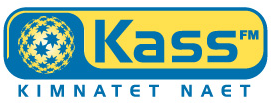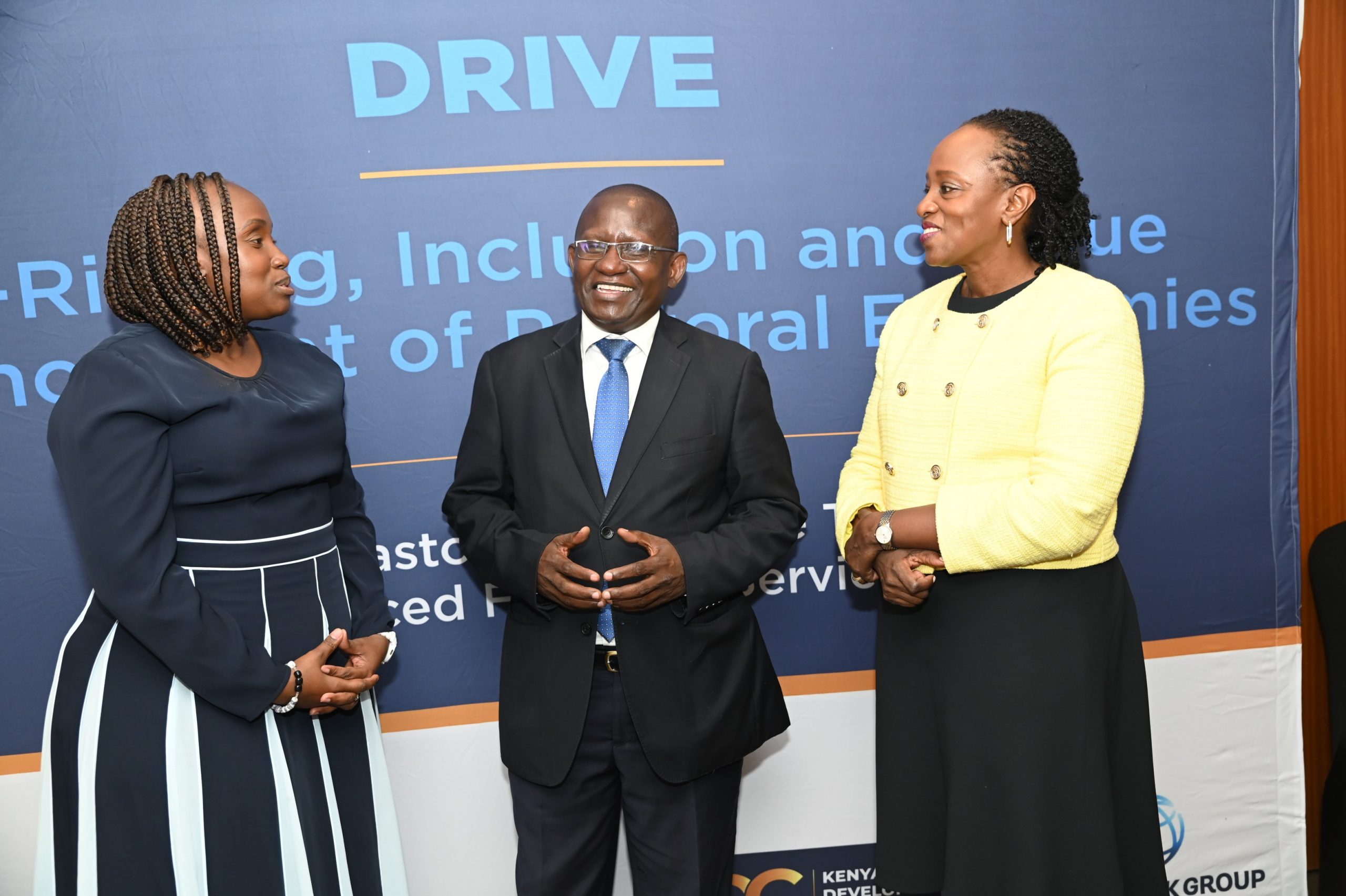By Chemtai Kirui,
The Kenyan Government, through the State Department for Livestock Development (SDLD), in partnership with ZEP-RE (PTA Reinsurance Company), Kenya Development Corporation (KDC), and the World Bank Group (WBG), has launched the De-Risking, Inclusion, and Value Enhancement of pastoral economies (DRIVE) project.
The DRIVE project aims to de-risk pastoral systems at the primary level through an integrated package of financial services, including drought index insurance, savings, digital accounts, and financial education.
At the value chain level, the project aims to de-risk private sector investments that provide reliable markets to pastoralists.
Speaking ahead of the launch, the Principal Secretary for Livestock Development, Harry Kimtai, stated that the DRIVE project is expected to have a positive impact on enhancing the climate resilience of pastoral communities, addressing climate change, strengthening commercialization of livestock production, and ensuring the inclusion of marginalized and vulnerable groups such as women and youth.
“The DRIVE project is a critical step towards the sustainable development of pastoralist communities in Kenya. By providing them with the necessary support and resources, the project will help increase their resilience and enhance their economic participation while promoting a more sustainable and inclusive economic development model in the country,” Kimtai said.
Over 250,000 households across Kenya, Ethiopia, Somalia, and Djibouti are expected to benefit from the project, representing 1.6 million pastoralists and their dependents over a five-year period. In Kenya alone, over 150,000 pastoralists are expected to benefit from the project across the Arid and Semi-Arid Lands (ASALs).
The project is also expected to create markets around the livestock value chain, enhance regional cooperation and peacebuilding, climate mitigation, and close the gender gap in access to financial services.
“Our joint commitment to unlocking the full potential of pastoral economies is unwavering, and DRIVE is a big step towards achieving sustainable and inclusive development. We are confident that the project will drive positive change, creating new opportunities, empowering communities, and fostering resilient, thriving economies of the ASAL regions,” KDC Acting Director General Norah Ratemo said.
The project has two components in Kenya. The first involves de-risking pastoral production through a package of financial services that aims to protect pastoralists against recurring drought shocks, including drought index insurance, savings for resilience, digital accounts, and financial education and awareness creation.
ZEP-RE (PTA Reinsurance Company), the regional implementing agent, is delivering this component in collaboration with the government, development partners, and private sector companies.
“ZEP-RE is committed to supporting the regional financial inclusion agenda.” said Hope Murera, Managing Director and CEO, ZEP-RE (PTA Reinsurance Company) adding that, “ZEP-RE is particularly keen to ensure equity empowerment of pastoral communities by focusing on innovating how women, youth, and people with disability would also access financial services and linkages to markets and trade-related opportunities under component two.”
The second component aims to ensure that pastoralists get better value for their livestock, with a budget of USD 65 Million. It will upgrade standards and equipment to check the conformity of livestock and livestock products to international standards, facilitate the regional livestock trade, and de-risk private investment in the livestock value chain that benefit pastoralists with reliable contracts.
The implementing agent for Component 2 is through (KDC and SDLD).
According to Keith Hansen, World Bank Country Director, the current drought crisis shows that a new approach to responding to drought is needed, one that relies on pre-arranged financing instruments to put money into pastoralists’ pockets at the onset of the drought rather than on assistance after the drought has been declared, which may arrive after the animals have perished.
“The project expands access of pastoralists to a package of financial services, so that they may receive insurance payouts in their accounts in case of severe drought and use their savings in case of moderate shocks,” Hansen said.
DRIVE will be implemented in 21 ASAL counties of Turkana, Marsabit, Mandera, Wajir, Garissa, Tana River, Isiolo, Samburu, Meru, Tharaka Nithi, Baringo, West Pokot, Narok, Laikipia, Kajiado, Makueni, Kitui, Lamu, Taita Taveta, Kilifi, and Kwale. The beneficiaries are pastoral groups that are sufficiently structured around productive activities.
The DRIVE project partners say that by providing ASAL communities with the necessary support and resources, the project will help increase resilience and enhance economic participation while promoting a more sustainable and inclusive economic development model in the country.





